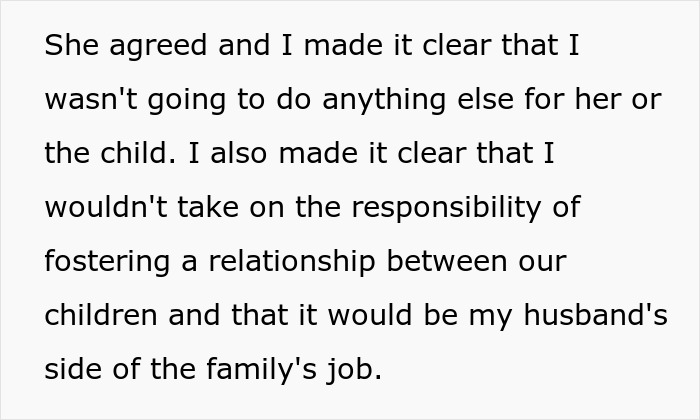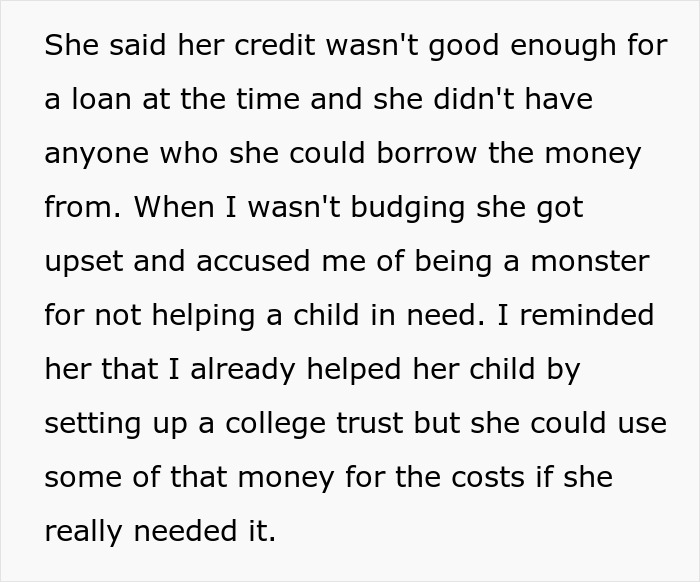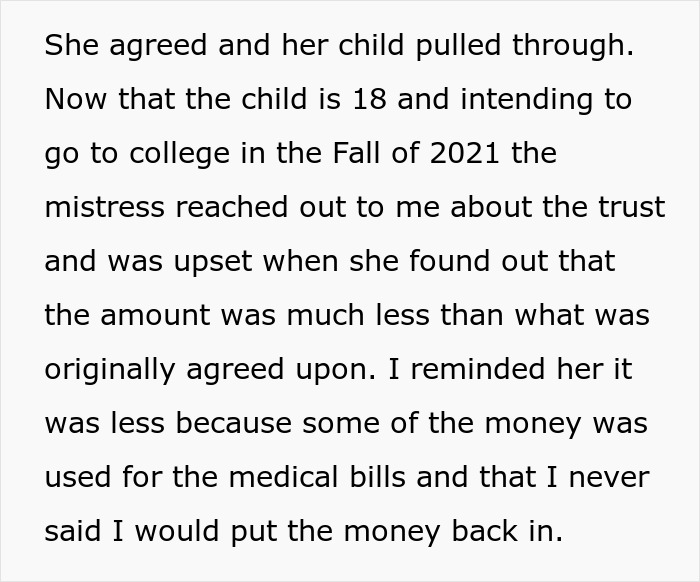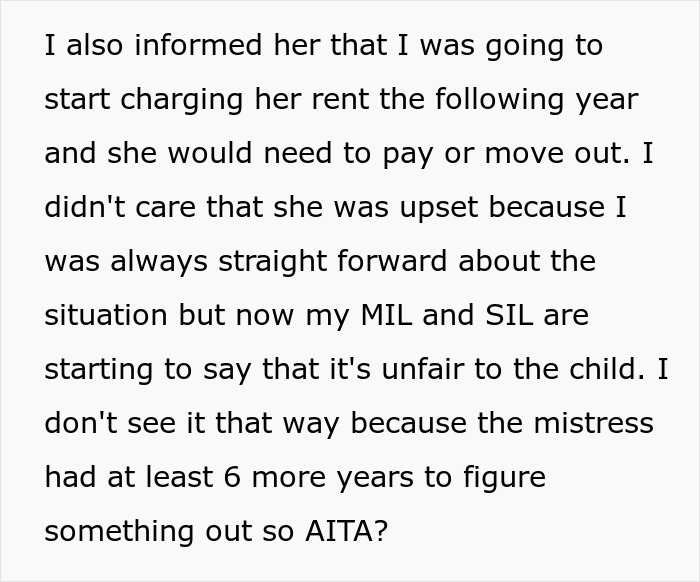The passing of a loved one or spouse is one of the most devastating moments you’ll ever experience in life.
But learning that they might not have been quite the person you thought they were can pour salt on the wound.
It’s a heartbreaking realization that your partner had been unfaithful to you.
If that resulted in the birth of a child outside your marriage… that entire relationship with them can be incredibly difficult to navigate.
An anonymous woman turned to the AITA online community for advice about a particularly sensitive situation.
She explained how she enforced strict boundaries with her deceased husband’s ‘affair child,’ including setting up a trust fund for her and allowing her to live in one of her properties rent-free.
However, the problems popped up when the child’s mother started demanding more money. Read on for the story in full.
Losing your partner is beyond painful. But it can be a very confusing time if you uncover that they had been unfaithful

A woman wanted to know if she was too harsh for refusing to support her husband’s ‘affair child’ beyond what she’d already promised






Typically, affairs happen between people who spend a lot of time around each other. There are also multiple reasons that explain infidelity
This entire issue wouldn’t exist if the woman’s partner had been faithful to her all those years ago. There are many different factors that influence a person’s willingness to cheat and to do so repeatedly.
Cheating is far more widespread than you might think at first glance, but many people regret it. Technopedia notes that a whopping 21% of people in monogamous relationships admitted to cheating. Meanwhile, 16% of married people also shared that they have been unfaithful in their marriage.
Affairs typically happen with people you know. As per Technopedia’s findings, 33% to 40% of affairs happen with a friend. Meanwhile, 29% to 31% happen with a colleague. Overall, the majority, or 64% of those who cheated, actually regretted having their affairs.
There are four main reasons why someone might be unfaithful. According to Lucia F. O’Sullivan writing in Psychology Today, these are: sexual dissatisfaction, emotional dissatisfaction, feeling neglected, and feeling anger.
In short, an individual is likely to cheat if they want more variety or more frequent lovemaking, stop seeing their partner in a positive way, feel overlooked or rejected, or want to punish their partner for being mistreated.
That’s not to say that there’s always an ‘excuse’ for infidelity. In some cases, just the existence of the opportunity to cheat can make some spouses forget their vows.
O’Sullivan notes in her post that cheating is habitual. It’s likely that your partner may cheat again if they started a relationship with you when they weren’t single at the time. Meanwhile, if they have a history of cheating, it’s likely that they might ‘stray’ again. This is not a certainty of course (people do change), but the probability is definitely higher.
Generally, cheaters are individuals who are narcissistic, have low agreeableness, and have socio-sexual attitudes (i.e., they are interested in multiple partners).

Image credits: Becca Tapert (not the actual photo)






